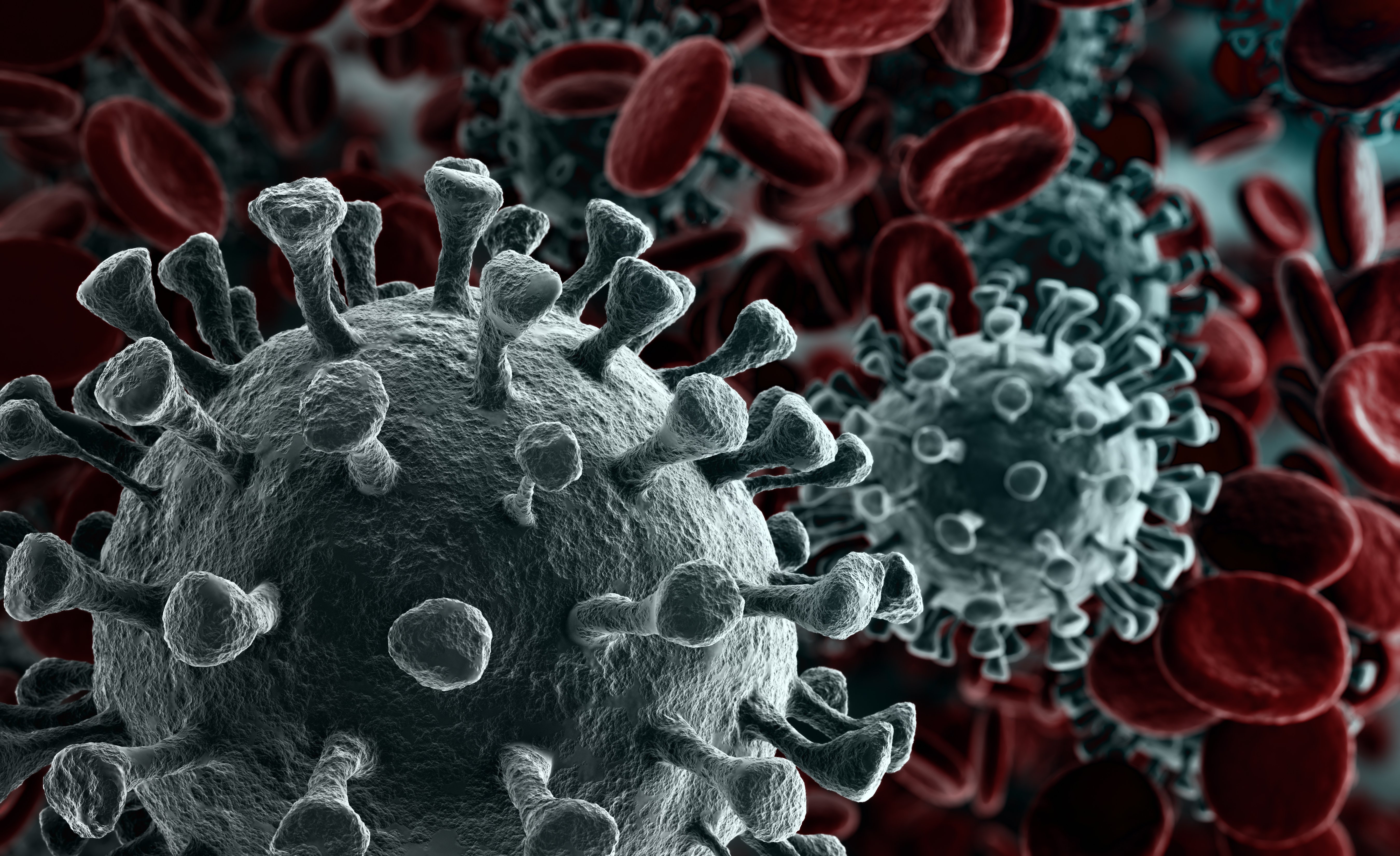
Alison Patteson, assistant professor of physics, has partnered with Nascent Biotech, Inc., to explore whether a substance known as Pritumumab could potentially be used as a treatment for COVID-19. Pritumumab is a fully natural human antibody, meaning it is a protein produced by the body’s immune system that responds to invading bacteria and viruses.
Patteson will test to see if Pritumumab has the potential to block SARS-CoV-2 (SARS2), the virus responsible for COVID-19, from entering cells. According to Patteson, research shows that SARS2 may be traveling into cells by way of cell-surface vimentin (CSV). This is a protein found on the cell surface, similar to vimentin, which is a key internal structural protein present in many cell types. Vimentin is known for its cage-like structure which protects the cell against damage, but new research suggests that it can be exploited by viruses to invade cells.
“Our hope is that when we treat cells with Pritumumab, it will bind to CSV, and effectively block the SARS2 virus from entering the cell,” says Patteson. “An antibody that could block the entry of SARS2 into the cell could be a monumental step in the fight against COVID-19.”
Once the study is complete and the results are evaluated, researchers can then make the next determination of whether Pritumumab could be a viable COVID-19 treatment.
